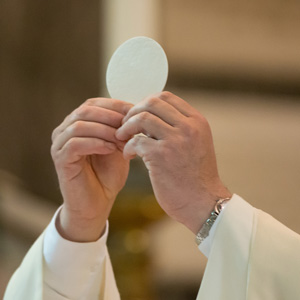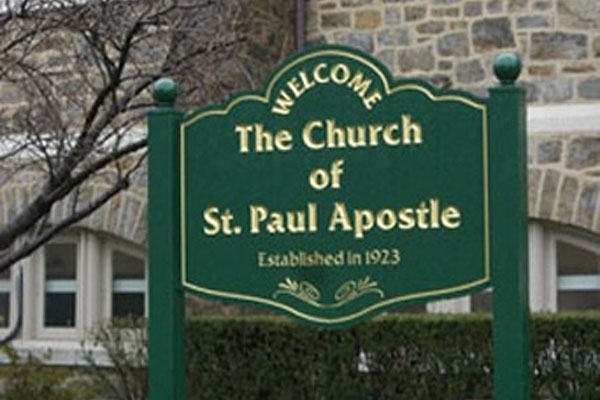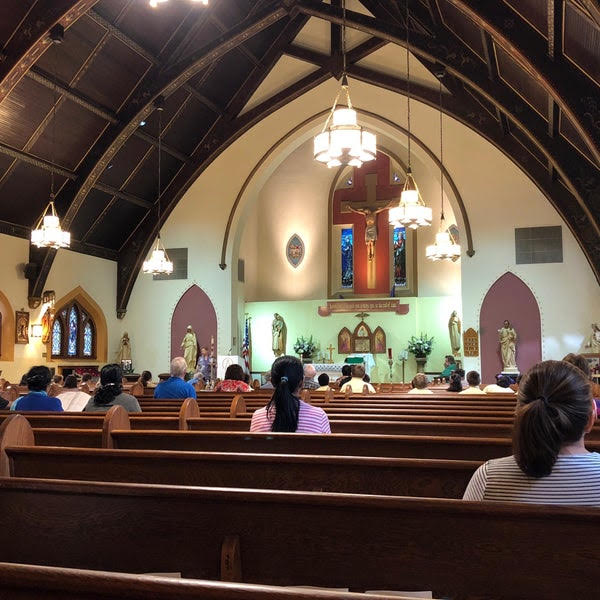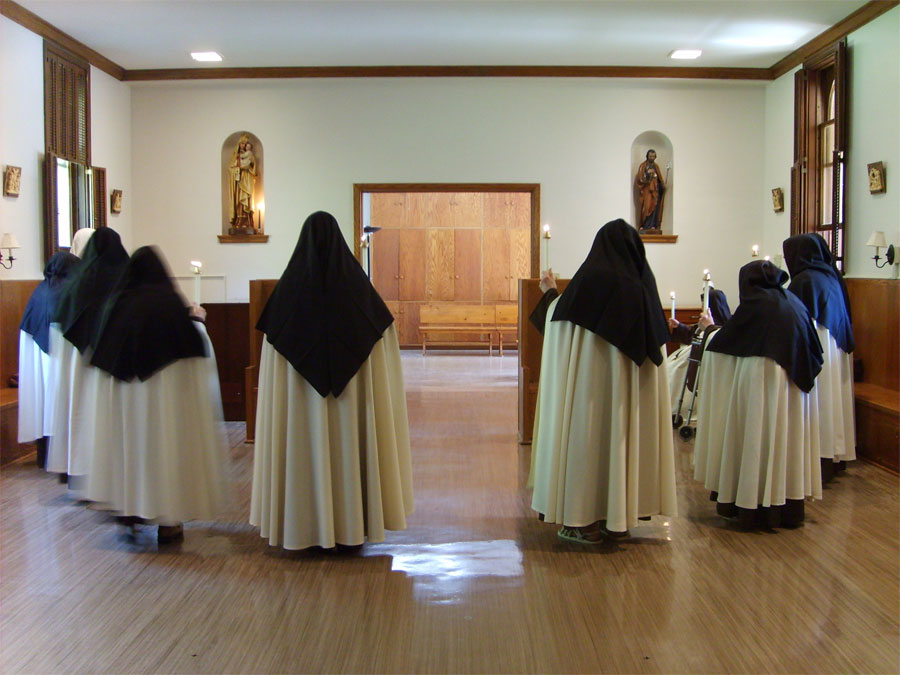
We Lovingly Offer our Prayers for You
The cloistered Carmelite Sisters of Rochester New York have adopted our parish.

Sisters of Life
St. Paul the Apostle Convent is home to a community of the Sisters of Life.
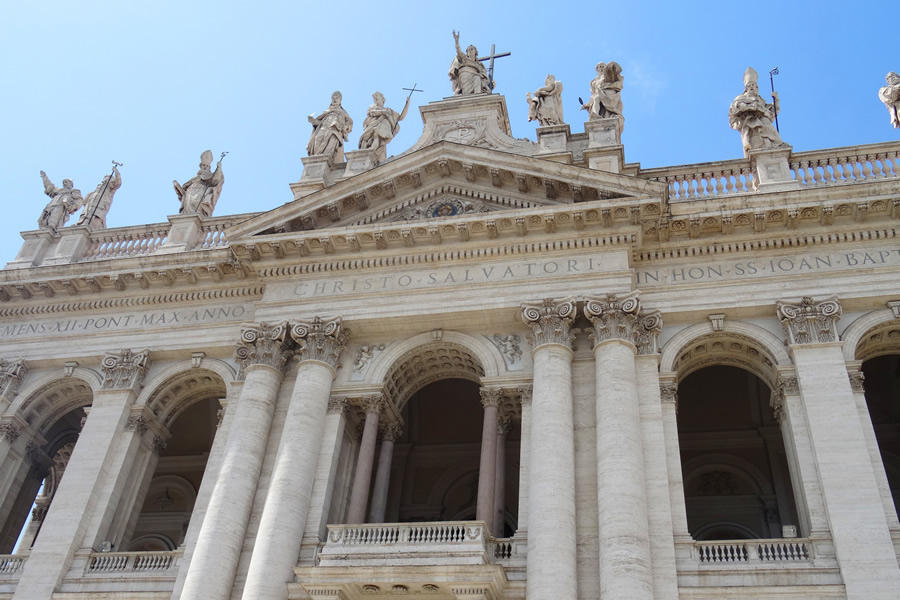
Consideration in Fraternal Correction (Correcting the Sinner)
11-09-2025 | Msgr. Charles PopeTo correct the sinner is one of the spiritual works of mercy. Fraternal correction is so important to the health of individuals, the family, the Church, and even nations, that some further reflection is in order. The correction of a sinner is complex and difficult to accomplish well. Many avoid it entirely, especially due to these hypersensitive times, when some people base their very identity on their sins. Many take correction very personally, even labeling it “hate speech.” Those who dare to correct are often shamed for doing so and accused of “judging.”
READ MOREURGENT! Stop Doctor Assisted Suicide
With the 2025 legislative session underway, advocates and the bill sponsors of doctor-assisted suicide are pushing hard for a vote to legalize this deadly practice in New York State. Lawmakers need to hear from their constituents if we hope to avoid yet another assault on human life.

From the Desk of Fr. Villa
Cardinal's Annual Appeal 2025
Our goal is $50,000. We are grateful for your sacrifice and generosity.
The Appeal raises funds to sustain the various ministries, institutions, and outreach programs that serve thousands of individuals and families across this extensive area.
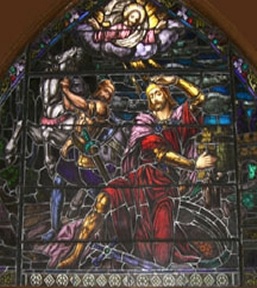
St. Paul the Apostle Parish Mission
The Parish of Saint Paul Apostle under the guidance of the Holy Spirit informs the response of the believer to the presence of Jesus through conversion. In this process strengthened and maintained by prayer, worship and catholic action, individuals become Christ in this twenty first century.
At Sunday Eucharist all gather to hear God’s Word in the Scriptures. Gradually an understanding of life’s make-up deepens and the rich meaning of living through union with Jesus opens a fuller connection to His focal work at Calvary. Through God’s unfolding grace the purpose of faith is being fulfilled by our incorporation with Him in our Eucharistic – “this holy and perfect sacrifice: the bread of life and the cup of eternal salvation.” Conversion or being awakened to the mystery of His Death and Resurrection calls for the essential supports necessary to live out this process. Through prayer the Holy Spirit accommodates believers to the revelation of the Loving Father whom Jesus introduces. Worship offers depth of awe reflected in the love of the Father, Son and Holy Spirit. Catholic action flows from the desire to make God’s Love real to others in this life.
Our Patron Saint
Paul the Apostle commonly known as Saint Paul and also known by his Hebrew name Saul of Tarsus was an apostle (although not one of the Twelve Apostles) who taught the gospel of Christ to the first-century world. Paul is generally considered one of the most important figures of the Apostolic Age and from the mid-30s to the mid-50s AD he founded several Christian communities in Asia Minor and Europe. He took advantage of his status as both a Jew and a Roman citizen to minister to both Jewish and Roman audiences.
According to the New Testament book Acts of the Apostles (often simply called Acts), Paul persecuted some of the early disciples of Jesus, possibly Hellenised diaspora Jews converted to Christianity, in the area of Jerusalem prior to his conversion. In the narrative of Acts, Paul was traveling on the road from Jerusalem to Damascus on a mission to "arrest them and bring them back to Jerusalem" when the resurrected Jesus appeared to him in a great light. He was struck blind, but after three days his sight was restored by Ananias of Damascus and Paul began to preach that Jesus of Nazareth is the Jewish Messiah and the Son of God. Approximately half of the book of Acts deals with Paul's life and works.
In Catholic tradition whoever has St. Paul the Apostle as patron also has St. Peter the Apostle as patron as well. In the traditional liturgy on a feast or votive Mass of St. Paul a prayer to St. Peter is always added and vice versa.
